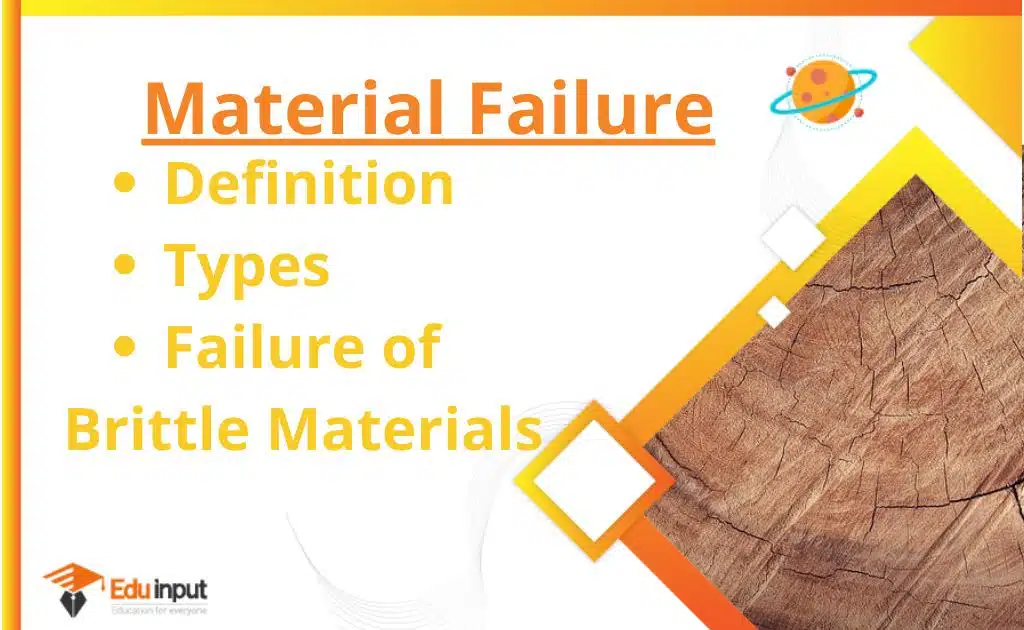What is Ultimate Tensile Stress?-Definition, Importance, And Testing
Ultimate Tensile Stress (UTS) is a measure of how much force is exerted on material when stretched beyond its yield point.
What is Ultimate Tensile Stress?
Ultimate tensile stress is defined as the maximum stress that a material can be subjected to without breaking.
Ultimate Tensile stress is an important parameter to know while working on structures that have high loads and stresses. The area under the stress-strain graph is called the work done by the applied load. As the load increases, the area under the curve decreases. When the load reaches the yield point, the area under the stress curve becomes zero. At this point, the material fails and breaks.
In order to determine if a material has reached its yield point, we need to know what the yield point is. The yield point is defined as the maximum amount of load a material can withstand before failing. If a material does not have a yield point, then it cannot be measured.
Why is Ultimate Tensile Stress Important?
The ultimate tensile stress is important because it is used to calculate the strength of a material. It is used to calculate the life of a structure.
If you have known the strength of the material, then you can also calculate the fatigue life of the material.
It is called a brittle failure when materials break very sharply. Some of them, including most metals, experience some plastic deformation and necking before a break.
Design practices dictate the use of yield stress, which is why ultimate tensile strength is not used in the design of static members. It is used for quality control because of the easy nature of testing. It can be used to determine the material types for unknown samples. brittle material has no yield point, so it’s common for engineers to use the ultimate tensile strength to design members.
Tensile Testing
Typically, the testing involves taking a small sample with a fixed cross-sectional area and then pulling it with a tensometer at a constant strain until the sample breaks. When testing some metals, there is a correlation between the strength of the metal and the hardness of the material.
This correlation helps quality assurance by allowing nondestructive testing of bulk metal deliveries with lightweight, portable equipment, such as hand-held Rockwell hardness testers.







Leave a Reply